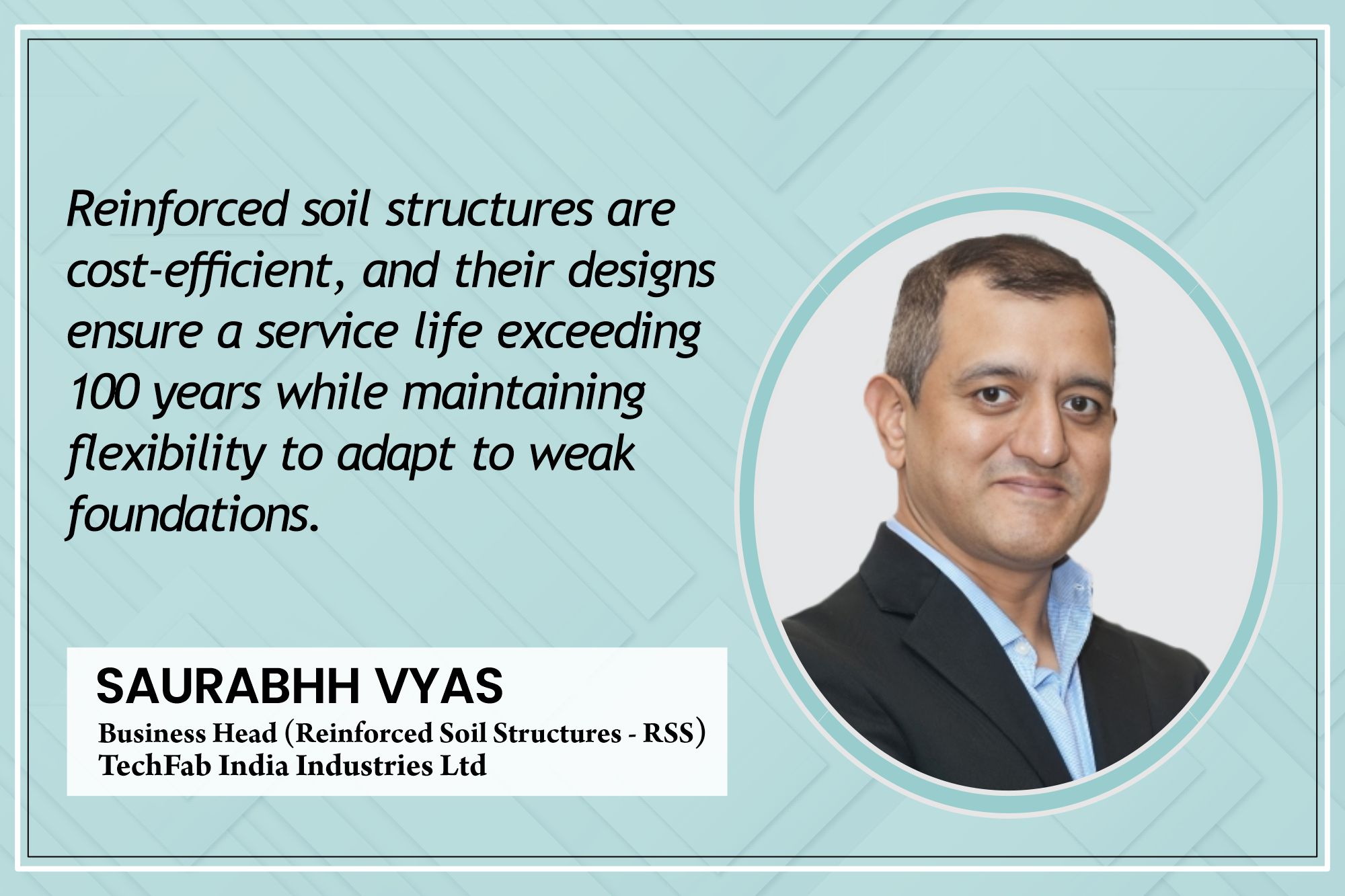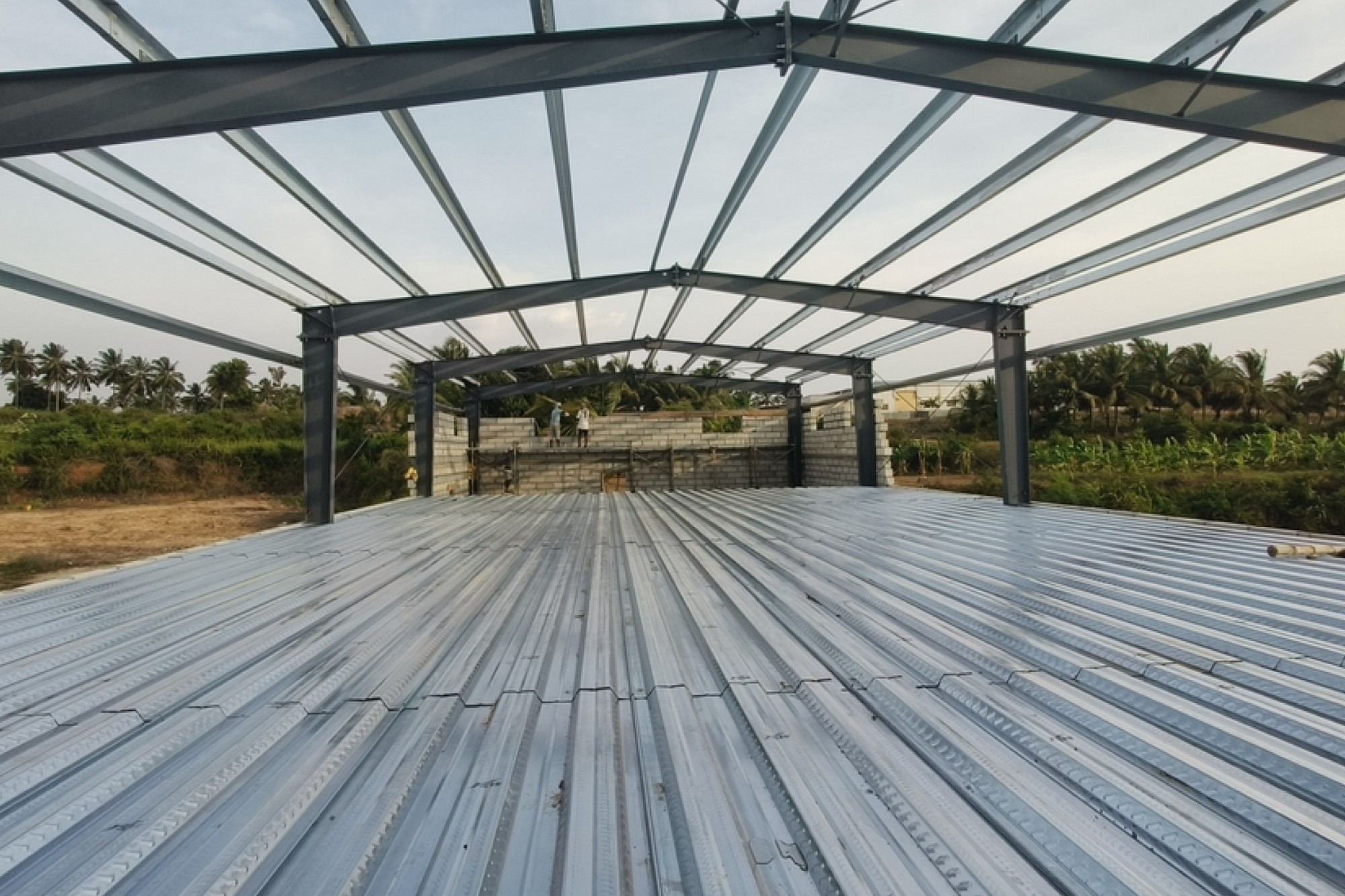Ultrafine minerals are paving the way for sustainable construction
By Edit Team | May 17, 2023 5:05 pm SHARE

This article explores how sustainable and green solutions can be achieved in the construction industry by optimising resources and utilising finer cement and by-products such as fly ash and slag.
In construction, sustainability and green solutions must be a top priority. As we look at nature, it uses available resources to develop while minimising energy and resource consumption. This is a valuable lesson we can apply to our green approach to construction. The cost of construction materials Economically speaking, materials that are scarce but in high demand are considered the least resources.
The cost of such materials increases as demand surpasses supply. Consequently, the resources utilised in constructing structures are determined by their cost. Many countries have started taxing resources used in manufacturing processes that release high levels of carbon dioxide, are taxing to nature, or require intensive use of resources.
Sustainability with finer cement The best indicator of whether a material is green or sustainable is its price and how it is utilised to manufacture the desired output. The cement used today is much finer in the construction industry than when it was first invented. Using a finer cement grind can produce greater construction output with less cement. As the industry moved towards optimised solutions, attention turned to the durability issue.
Cost reduction in construction while ensuring durability
Reducing the cost per unit volume of a structure is not only a smart approach but is also important to minimise the cost for the serviceable life of the structure. The cost per unit volume of the structure per unit of time must be minimised.
The issue of durability presents a challenge related to green construction and sustainability. Fly ash and slag are by-products that release pollutants. However, engineers and concrete workers worldwide have attempted to use these by-products in concrete, discovering that fly ash concrete provides better durability and reduces the amount of cement required, ultimately lowering the cost.
Optimising available resources to overcome challenges in sustainable construction
The availability of sustainable materials poses a significant challenge, particularly in densely populated cities where providing living space for the city’s inhabitants is a significant challenge. Using sustainable materials such as fly ash and slag has slowed construction speed, hindering development due to construction speed challenges.
It’s also important to optimise resources for sustainable construction. RDC Concrete has taken inspiration from the cement industry, which has focused on enhancing cement quality to improve construction speed and rates. We manufacture fly ash with a higher fineness and slag with much higher fineness, which provides better durability. By dividing fly ash particles, more surfaces will be available for reacting with the materials inside, resulting in faster strength and durability than normal concrete. Similarly, using ultra-fine slag and ultra-fine fly ash reduces the cost of concrete by almost 100 to 200 rupees per cubic meter without sacrificing early-age strength.
Maintaining concrete standards for construction in cities
In Mumbai, there is a project that requires high durability, and the durability requirement is in terms of a new test called the rapid chloride migration test. This test shows how fast the steel will corrode inside the concrete, and the requirements are very stringent. This requirement is fulfilled through the use of ultra-fine minerals.
Processing resources to optimise them will lead us to more sustainable and green solutions for our construction industry. By learning from nature and optimising resources, we can create more sustainable and eco-friendly solutions for the future of construction.
Cookie Consent
We use cookies to personalize your experience. By continuing to visit this website you agree to our Terms & Conditions, Privacy Policy and Cookie Policy.




































































